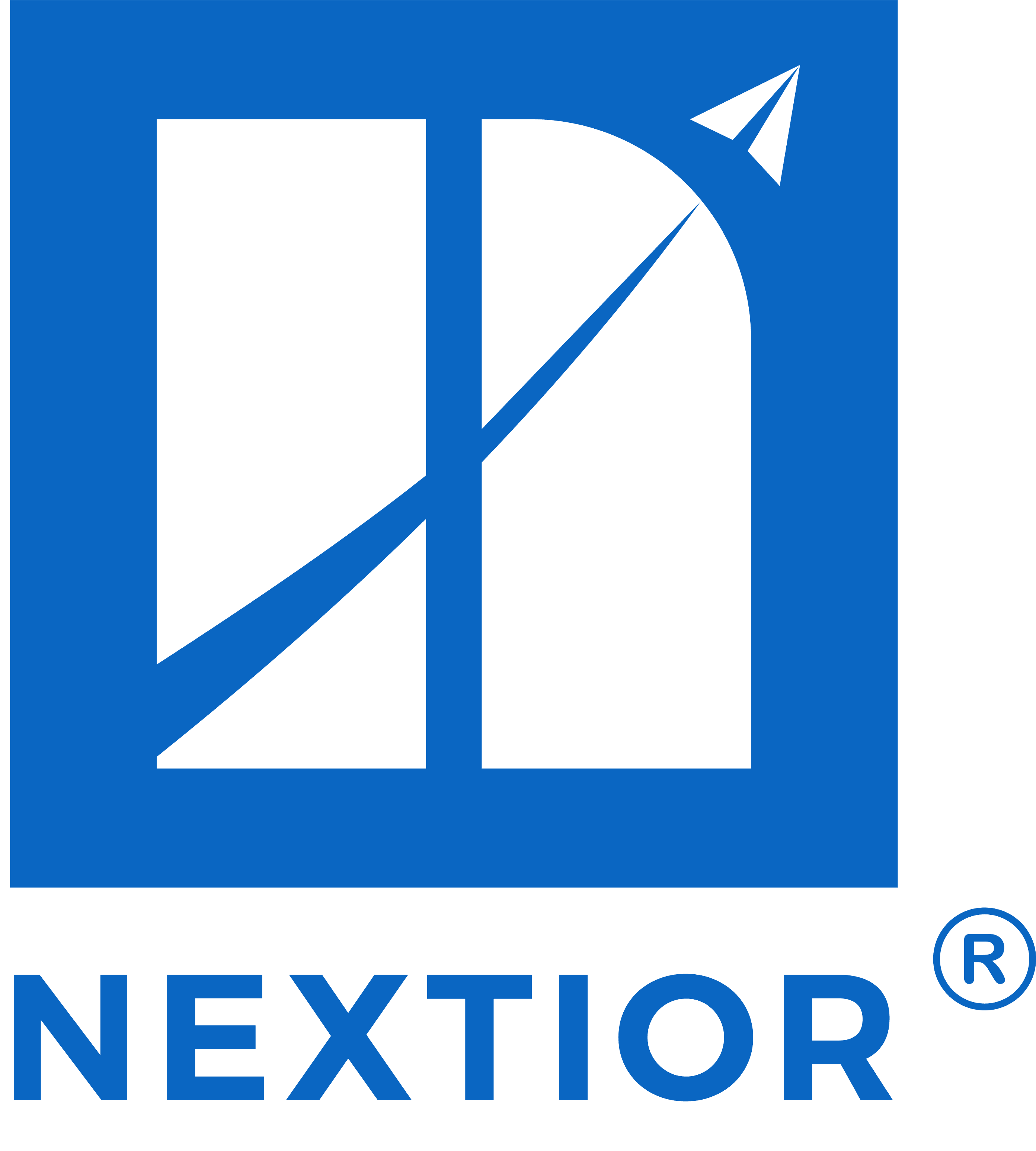
Business Formation

Business formation is a key service we offer because it plays a pivotal role in shaping the foundation of a company. We assist clients in selecting the most suitable legal structure for their business needs, which can have significant tax advantages.
- C-Corporation (C-Corp): C-Corps have the advantage of limited liability for shareholders and the ability to raise capital through stock offerings. Tax-wise, they may benefit from lower corporate tax rates, which can be advantageous for businesses with substantial profits. Additionally, they can deduct a wide range of business expenses, offering potential tax savings.
- Limited Liability Company (LLC): LLCs provide liability protection for owners while offering the flexibility of pass-through taxation. This means profits and losses "pass through" to the owners' personal tax returns, avoiding double taxation. LLCs can also deduct a variety of business expenses, potentially reducing their tax liability.
- S-Corporation (S-Corp): S-Corps also allow for pass-through taxation, avoiding double taxation. Owners report their share of profits and losses on their individual tax returns, potentially leading to tax savings. However, S-Corps have certain eligibility requirements, and not all businesses can choose this structure.
- Nonprofit Organization: Nonprofits are exempt from federal income tax if they meet specific criteria and operate exclusively for charitable, religious, educational, or other tax-exempt purposes. Additionally, donors to nonprofits may be eligible for tax deductions for their contributions.
Advising clients on the best business formation for their specific situation involves considering their long-term goals, organizational structure, and tax implications. By offering this service, we guide clients toward the most tax-advantageous choice that aligns with their business objectives and compliance requirements.
Reach Out for Financial Guidance
Connect with Nextior Group Inc. today to access expert financial advice and solutions. We're here to help you achieve your financial goals.
SMS Consent Message:
By submitting, you agree to receive text messages at the provided number from NEXTIOR GROUP. Message frequency varies, and standard message and data rates may apply. You have the right to OPT-OUT receiving messages at any time. To OPT-OUT, reply "STOP" to any text message you receive from us. Reply HELP for assistance.
Get in Touch
Phone number
(945) 333-9999